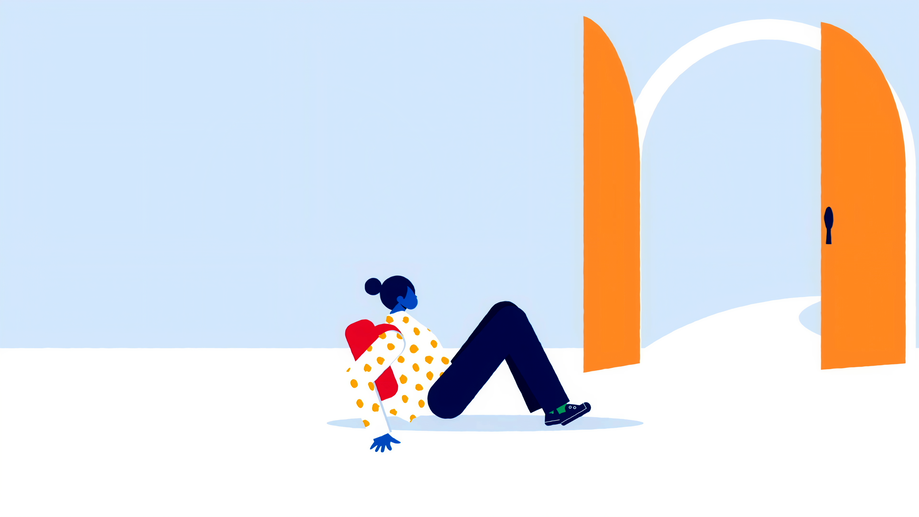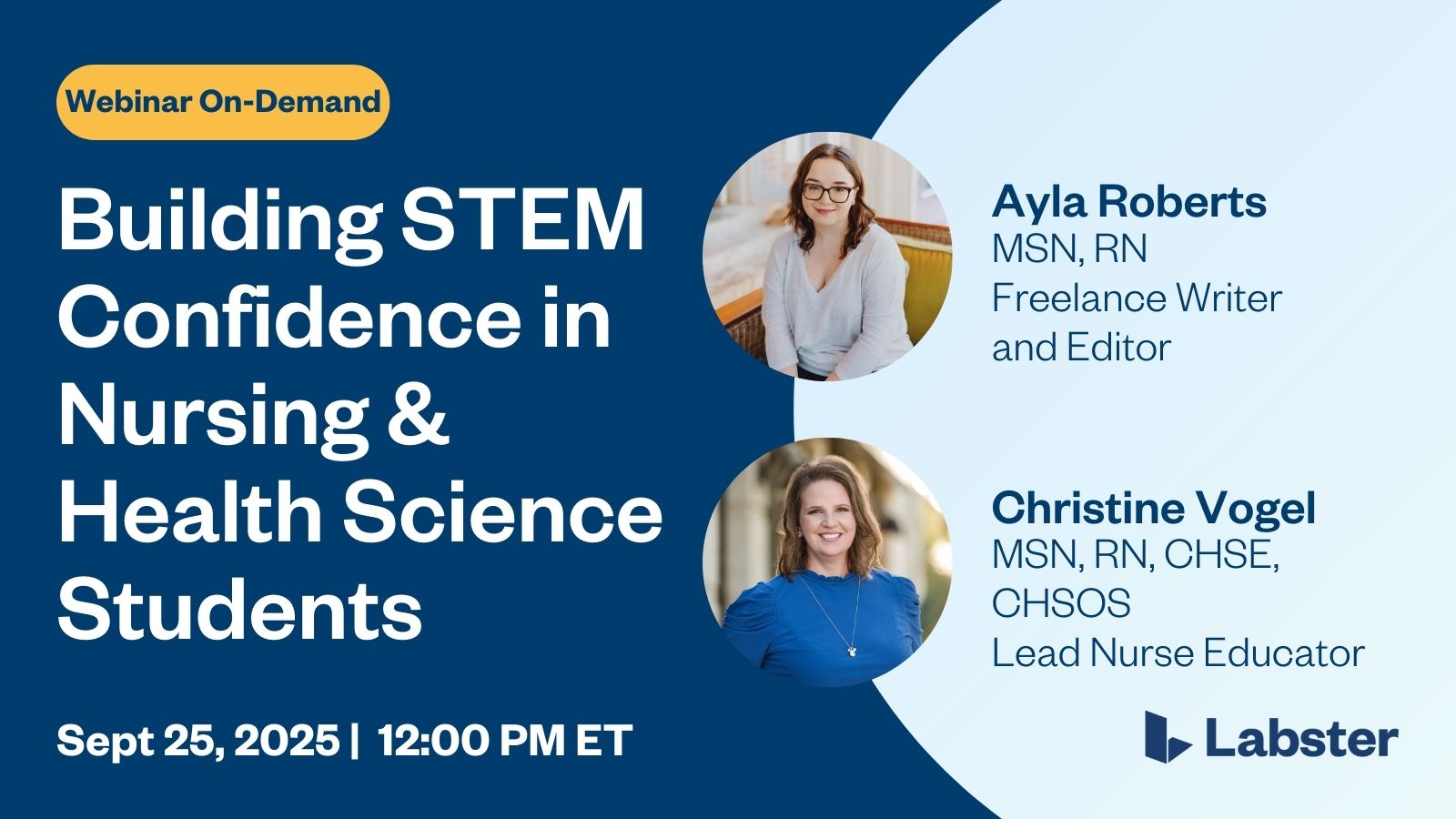New Organic Chemistry Virtual Labs (plus Biology Labs and “mini” Simulations!)

Table of Contents
Name of the heading
We have some exciting new content for your biology, chemistry, and organic chemistry courses, just in time for your winter term and spring semester syllabi. Read on to see how you can use them in your curriculum.
New Chemistry & Organic Chemistry Virtual Labs
Chemistry instructors, you’ve asked us for new simulations and we’re happy to present you with 8 of them — and we have another one coming soon!
- Proton NMR: Spectrum interpretation
- Recrystallization: Purify your solid
- Recrystallization: Filter your crystals and measure the melting point
- Recrystallization: Dissolve your solid and precipitate your crystals
- Hydrocarbon Nomenclature and Representations
- Carbon Valence, Hybridization and Angles
- Functional Groups and Basic Chemical Tests
- Simple Distillation: Recycle waste from biodiesel production

If you’re an organic chemistry teacher, you will be especially interested to know that several of our org chem labs have technique-based content — particularly Proton NMR and the Recrystallization simulations.
We are also planning to release Liquid-liquid extraction: Extract caffeine from your everyday drinks in the near future. These lab techniques complement our existing catalog of theory-based virtual labs for organic chemistry.
The Proton NMR, Recrystallization, and Simple Distillation chemistry labs are completely new. Recrystallization: Purify your solid is a new full-length simulation that is also available in two shorter parts (see titles 3 and 4 above).
The remaining titles are shorter, “mini” virtual labs adapted from our previously-released Organic Chemistry Introduction simulation. Many chemistry instructors have requested these as standalone virtual labs. They are more tightly focused and faster to play.
This shorter format is new for us and we’d love to hear how you and your students use them!
New Biology Virtual Labs
- Light Microscopy
- Fluorescence Microscopy
- Gel Electrophoresis: Visualize and separate nucleic acids
- Aseptic Technique: Culture your sample without contamination
- Fermentation: Optimize bio-ethanol production
- Bioinformatics: An introduction

These new biology labs are adapted from longer, previously released Labster simulations such as Microscopy and Fermentation. We created these in response to instructors who asked us to break down a few of our virtual labs into shorter, standalone virtual labs that help students get to core biology concepts and techniques faster. Please let us know what you think!
Wonder what’s coming next?
You can hear straight from our Product Team in this new video message. Mark and Ainara will take you on a tour of our latest virtual labs and preview what’s ahead for Labster.
How to use these new virtual labs in your courses

We know that technology will never replace a great biology or chemistry teacher. Our experience is that teachers are looking for tips and ideas on how to use our new simulations, so here are some best practices:
- For face-to-face and hybrid courses, our simulations are flexible enough for you to assign them as pre-labs. You’ll notice students who use Labster as a pre-lab are likely to finish in-person experiments much faster and have fewer, more profound questions.
- For online courses, our virtual lab simulations both reinforce concepts from lectures and give students the next best thing to a real-world, hands-on lab experiment. In fact, we hope you will think creatively when using the labs, for example, assigning online students to small groups on Zoom where they can work through the virtual labs at the same time and collaborate on a lab report or presentation.
We encourage you to make use of supplemental teaching technology that makes remote learning more manageable and more fun, whether it’s a simple video you make yourself or a Gimkit or Brainly game that fosters student engagement.
Final Thought
You know your students and learning objectives best. We are here to support you as you empower the next generation of scientists. If you’re a biology or chemistry instructor who uses Labster, reach out and let us know how you plan to use the new virtual labs.
FAQs
Heading 1
Heading 2
Heading 3
Heading 4
Heading 5
Heading 6
Lorem ipsum dolor sit amet, consectetur adipiscing elit, sed do eiusmod tempor incididunt ut labore et dolore magna aliqua. Ut enim ad minim veniam, quis nostrud exercitation ullamco laboris nisi ut aliquip ex ea commodo consequat. Duis aute irure dolor in reprehenderit in voluptate velit esse cillum dolore eu fugiat nulla pariatur.
Block quote
Ordered list
- Item 1
- Item 2
- Item 3
Unordered list
- Item A
- Item B
- Item C
Bold text
Emphasis
Superscript
Subscript






